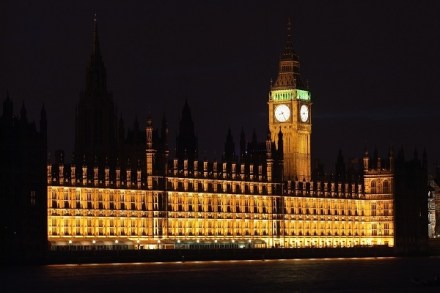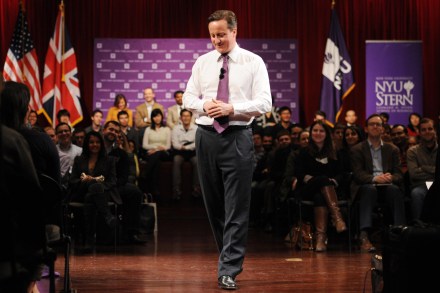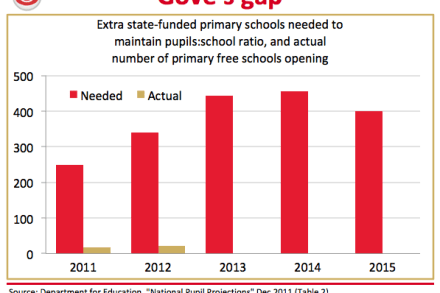The yellows imperil Gove’s schools revolution
Michael Gove has caused a storm this morning, with his proposal to split GCSEs. The Mail has the scoop, but, essentially, this is in a bid to improve standards — Gove plans to replace GSCEs in maths, English and the three sciences, which will be awarded separately rather than as a block, with something similar to the old O-level; he also want more rigorous exams in history, geography and modern languages. Modules are also to be a thing of the past; Gove’s curriculum will be a test of memory as well as a test of understanding. Courses may be completed in 2 years or 3 years (ie, aged 17), depending















